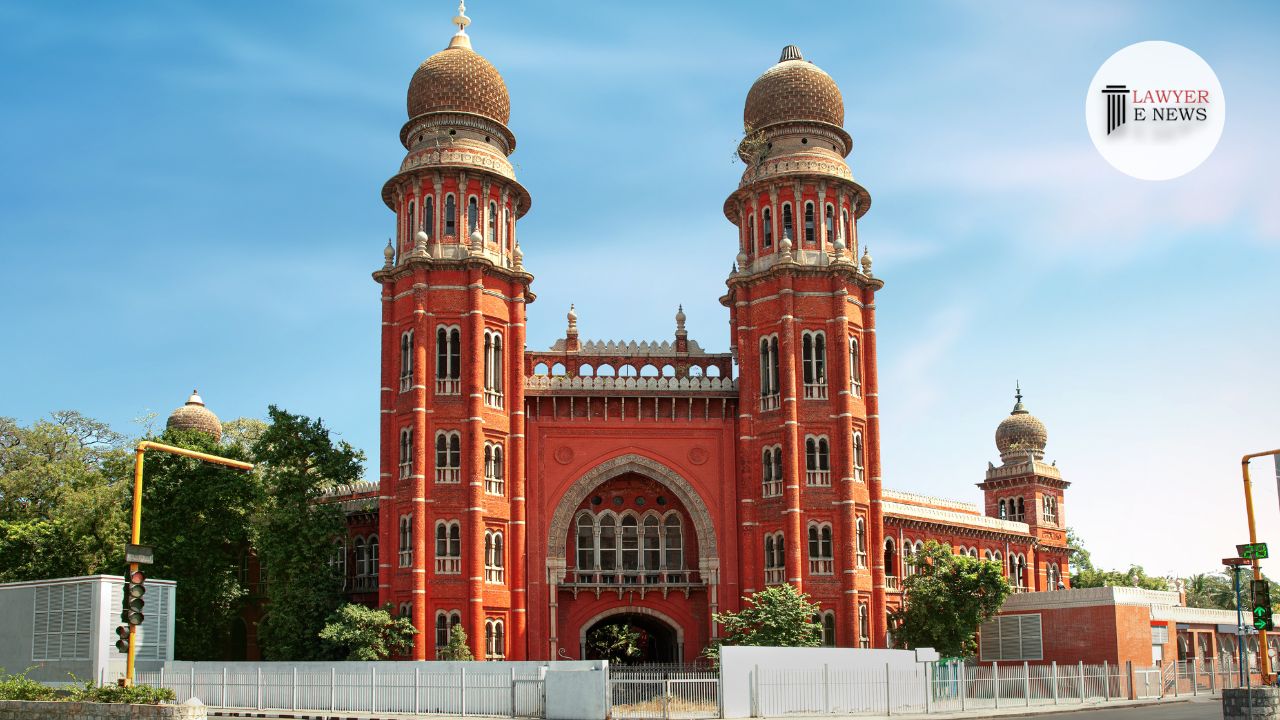-
by Admin
15 February 2026 5:35 AM



In a landmark judgment, the Madras High Court has ruled that patients in need of kidney transplants can directly submit their applications to the Authorisation Committee, bypassing hospitals. The decision, delivered by Justice G.R. Swaminathan on May 30, 2024, underscores the importance of facilitating altruistic donations and protecting donor rights. This ruling addresses procedural delays and aims to streamline the approval process while emphasizing the need for comprehensive guidelines from the state government.
The case involved multiple writ petitions filed by patients suffering from renal failure, who had identified willing donors not related to them by blood. The petitioners, admitted in various hospitals, faced bureaucratic obstacles as the hospitals hesitated to forward their applications to the Authorisation Committee due to fear of potential repercussions if complications arose post-transplant. The petitioners sought judicial intervention to expedite the approval process and ensure their life-saving procedures could proceed without undue delay.
Direct Application Process: Justice Swaminathan observed that the reluctance of hospitals to forward transplant applications due to fear of backlash created unnecessary procedural delays. The court ordered that applicants be allowed to submit their forms directly to the Authorisation Committee. “Applications can be submitted in person, through registered post, or online mode,” the judge specified, highlighting the need for flexibility and efficiency in handling such critical cases.
Donor Welfare and State Guidelines:
The judgment placed significant emphasis on the welfare of organ donors. The court mandated that donors receive post-operative care, including medical insurance and financial support. “It is the duty of the recipient to take care of the post-operative requirements of the donor,” stated Justice Swaminathan, calling for the state government to issue clear guidelines to standardize the application submission process and donor protection measures.
“The statement by a donor that he or she is making the donation out of love and affection for the recipient must be taken at its face value, unless there is definite material evidencing the passing of consideration,” remarked Justice Swaminathan.
Balancing Altruism with Regulation: The court underscored the need to balance regulatory oversight with the facilitation of genuine altruistic donations. The judgment acknowledged the statutory framework designed to prevent commercial exploitation but emphasized that undue suspicion should not hinder legitimate, altruistic donations.
Burden of Proof: The court clarified that the burden of proving the absence of commercial transactions should not be disproportionately placed on the applicants. “Too much burden cannot be laid on the shoulders of the applicants. Unless there is definite material to establish that there are financial dealings involving the parties, permission ought not to be withheld or rejected,” the judgment read.
The Madras High Court’s ruling marks a significant step towards simplifying the kidney transplantation process and safeguarding donor rights. By allowing direct applications to the Authorisation Committee and emphasizing donor welfare, the judgment addresses critical gaps in the current procedural framework. This decision is expected to influence future cases and encourage the state government to issue clear guidelines, thereby reinforcing the legal framework for organ donations.
Date of Decision: May 30, 2024
Sudha Mathesan & Balamani Sabapathi vs. The Authorisation Committee (Transplantation) & Others
